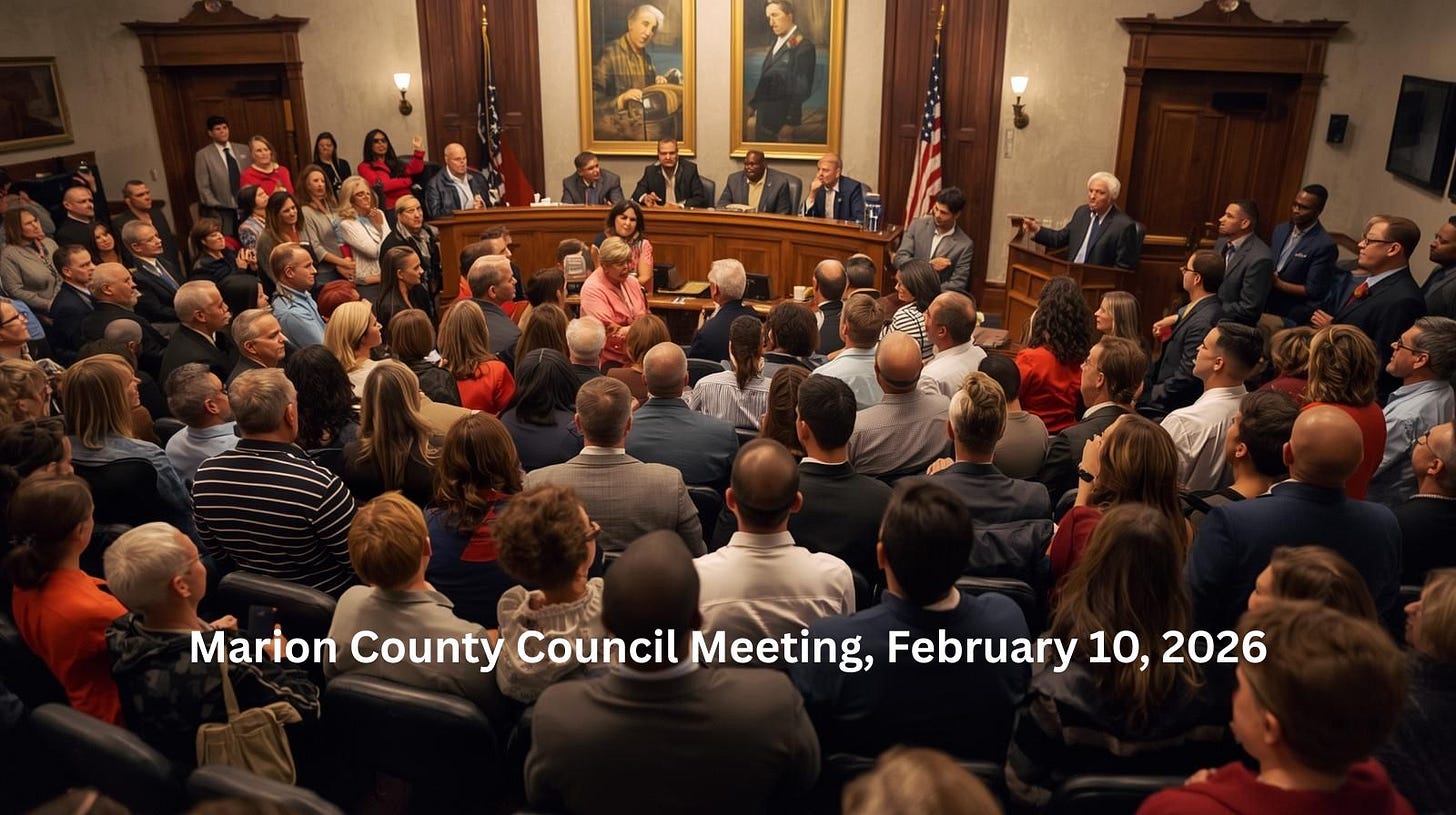Electric vehicle chargers have a high malfunction rate while charging infrastructure remains inadequate in some areas, according to a new study by the Harvard Business School.
The HBS study used artificial intelligence to examine more than one million customer reviews of charging stations from North America, Europe and Asia over 10 years, finding that EV drivers can expect non-residential charging systems to not work approximately 20% of the time and also that some of America's more rural regions are effectively "Charging deserts." Its findings are the latest to suggest that the Biden administration's long-term vision for an EV-dominated future is struggling to make early progress.
The White House has stated its goal of having EVs make up 50% of all new car sales by 2030, a goal that will require a massive buildout of public EV charging stations.
Congress gave the administration $7.5 billion in the 2021 Infrastructure Investment and Jobs Act to construct public EV chargers, but that program has to date only led to a handful of stations coming online.
Currently, most of the country's EV charging infrastructure is concentrated in coastal, more densely-populated regions of the U.S. while more rural regions in the heartland lag behind, according to the Department of Energy.
"Public charging stations are not equally distributed across the U.S., concentrated more heavily in large population centers and wealthy communities and less so in rural areas and smaller cities," the HBS article reads.
"The result is that drivers have disparate experiences, well-served in some areas and starved in others. Some parts of the country have become 'charging deserts,' with no station at all." Specifically, counties in Washington state and Virginia do not have a single public charger and have actually lost previously-available chargers, according to the article.


No comments:
Post a Comment